9 Tips on How to Choose a Tankless Water Heater
Enjoy reading the latest DIY articles and saving money?
Receive our latest helpful hints, tricks and savings, directly to your inbox.
Posted September 15, 2020
So, you’re thinking about buying a tankless water heater for your home – but you have no idea where to start? Well, no worries because you’ve come to the right page! Tankless water heaters can help you save money and space – This is going to be your essential guide to choosing a tankless water heater for your home.
Let’s go over the top 9 tips you need to know!
1. The Benefits of Tankless Water Heaters
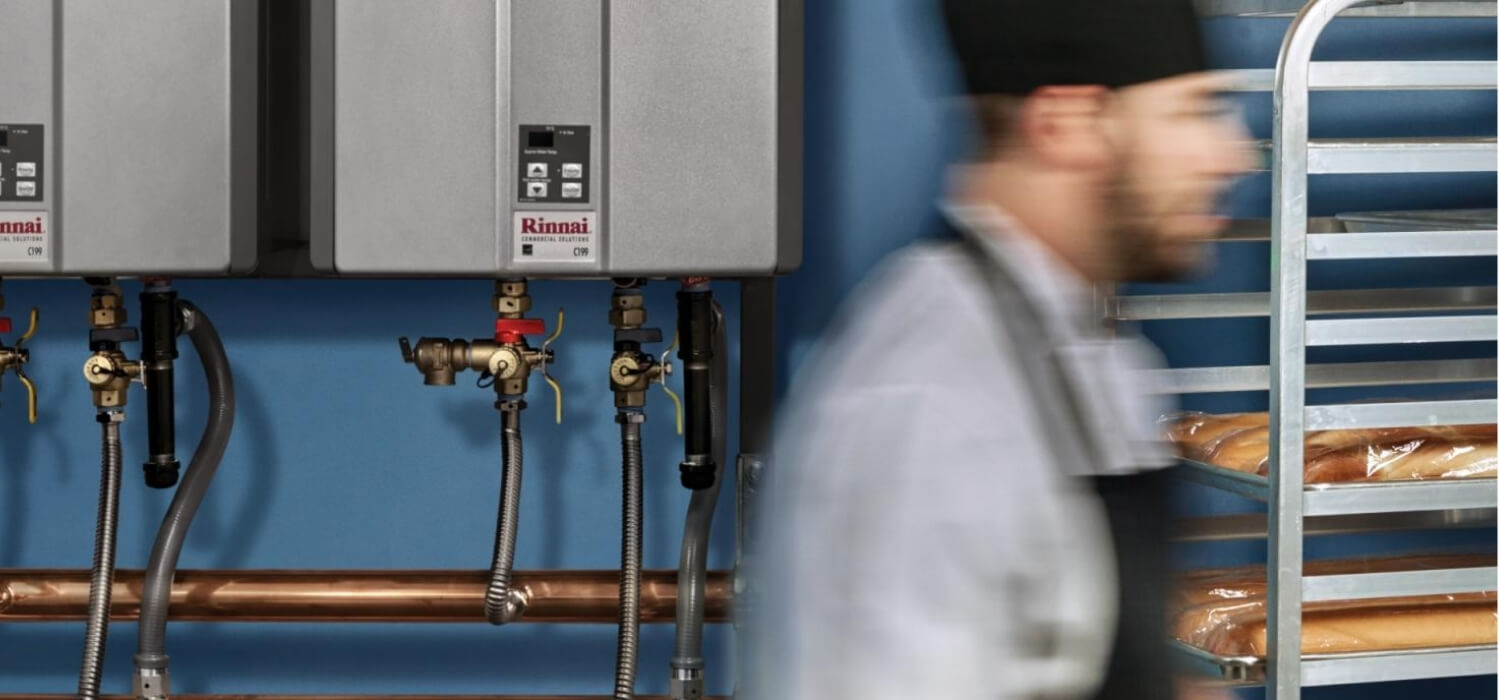
Here are a couple of the benefits of having a tankless water heater in your home. These are things you should keep in mind while searching for your perfect water heart.
Taking Up Less Space
The way tankless water heaters produce instant how water for anything in your home. Instead of having a huge bulky tank that holds water for you, you have a small compact device that heats water as it flows through it.
Unlimited Hot Water
With this type of water heaters, there is no limit on your water storage. You can run the hot water as long as you want. You never have to worry about the person before you in the shower taking up all the hot water!
Long-Lasting
Tankless water heaters have double the lifespan compared to a normal water heater. The most standard can last you up to around 20 years.
Energy Bill
Having a quality tankless water heater installed in your home could potentially cut your energy bill in half! These units are super-efficient and can save you a ton of money.
2. Find Out What Size Will You Need
One of the first things you should do is find out exactly what size tankless water heater you will need. According to the U.S. Energy Information Administration, the average household in the United States typically uses 64 gallons of water every single day. Needless to say, that is a ton of water! So how do you figure out what size of a tankless water heater you’ll need?
There are quite a few different types and sizes of tankless water heaters. Instead of looking at capacity, aka there are 60 gallons in your normal water tank, you want to look at gallons per minute (GPM).
Tankless water heaters also use the Britsh Thermal Unit input to help determine efficiency ratings to go along with GPM.
So you will need to look at your household’s GPM, BTU’s, and your home’s temperature rise. Here is how to find that out –
Looking At BTU’s
A single BTU is equal to the same amount of energy that is required to increase the temperature of one pound of water by one degree f. Thus the higher the BTU’s on your water heater, the higher your water flow will be.
When comparing your BTU’s and GPM’s, it typically will show that 31k BTUs can produce 1.2 GPM or 190k BTU’s can produce 5.7 GPM.
Calculating GPM
Look and see the number of devices in your home that will need to have hot water from the tankless water heater. Then determine how many of them you might use at any one time. Then simply add the GPM of all those devices.
For Example,
Flow rates for tankless water heaters will range from 1.2 to 6 GPM. Generally, a simple sink would be rated at 1.2 and a shower at 2.6 GPMs. So a tankless water heater at 4 GPMs could handle both a shower and sink at the same time.
Calculating Temperature
Find the temperature of the water that is entering your home and then subtract that from your desired hot water temp.
Once you’ve calculated this out and found the flow rate for a potential new tankless water heater, then you’ll know whether it will be able to handle the hot water demand in your household.
3. Take a Look at Warranties
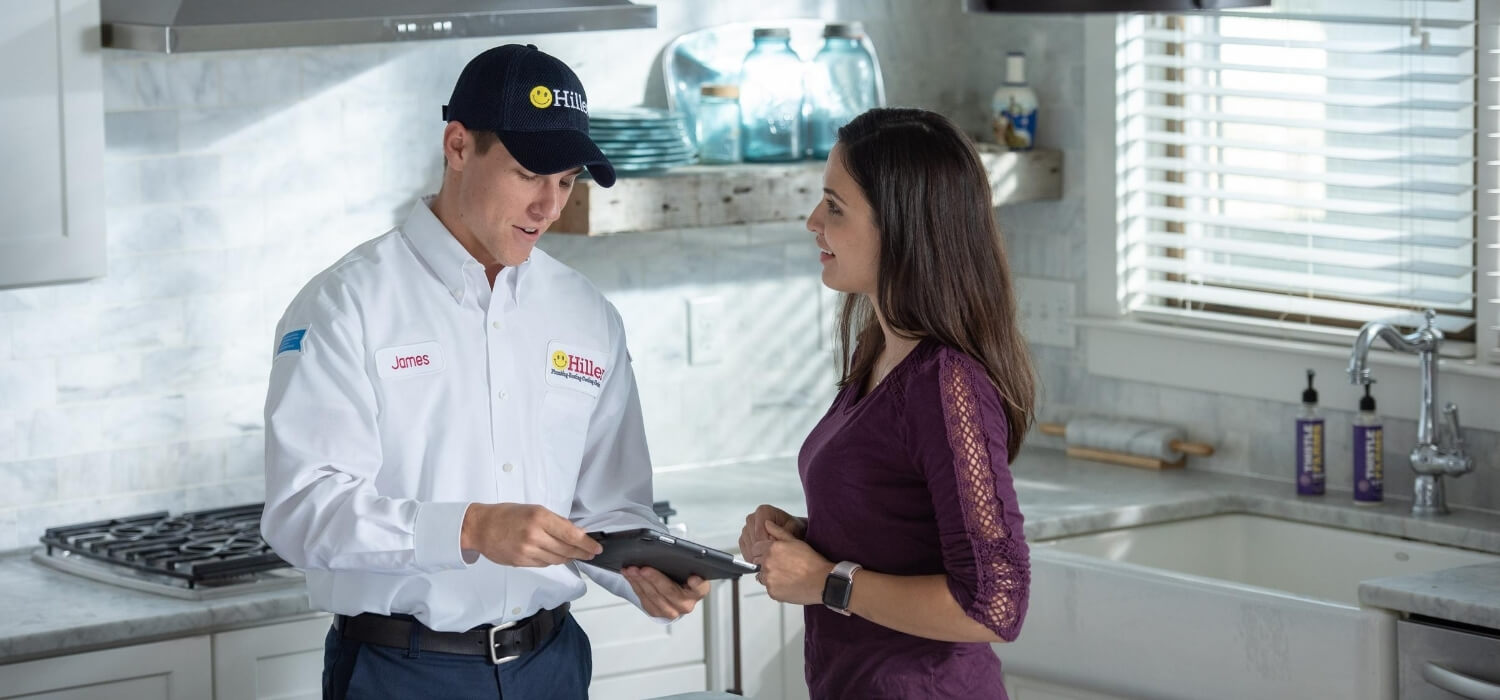
You want to make sure you look over any warranties that may come with a new tankless water heater. Good quality heaters will come with an extended warranty that will keep you covered if it ever brakes down.
Keep in mind the type of water that flows into your home as well – If it’s hard water, it may cause wear and tear on your new device faster. If your water is hard, then you will want to find a tankless water heater that has a longer warranty.
Remember that this is a device that is essential to everyday life and you’ll be using every single day – so find a quality warranty that covers you for your new device!
4. Water Heater Efficiency
Tankless Water heaters can save you money with how efficient they are – they will always outperform normal water heaters. When looking at a tankless water heater, they use an energy rating (EF – Energy Factor) to master how efficient the device is.
EF Rating
The higher the EF rating, the best and more efficient the device will be. EF is determined by the amount of energy that is from your water heater and then divided by the energy that goes into the device.
5. Gas-Fueled Heaters
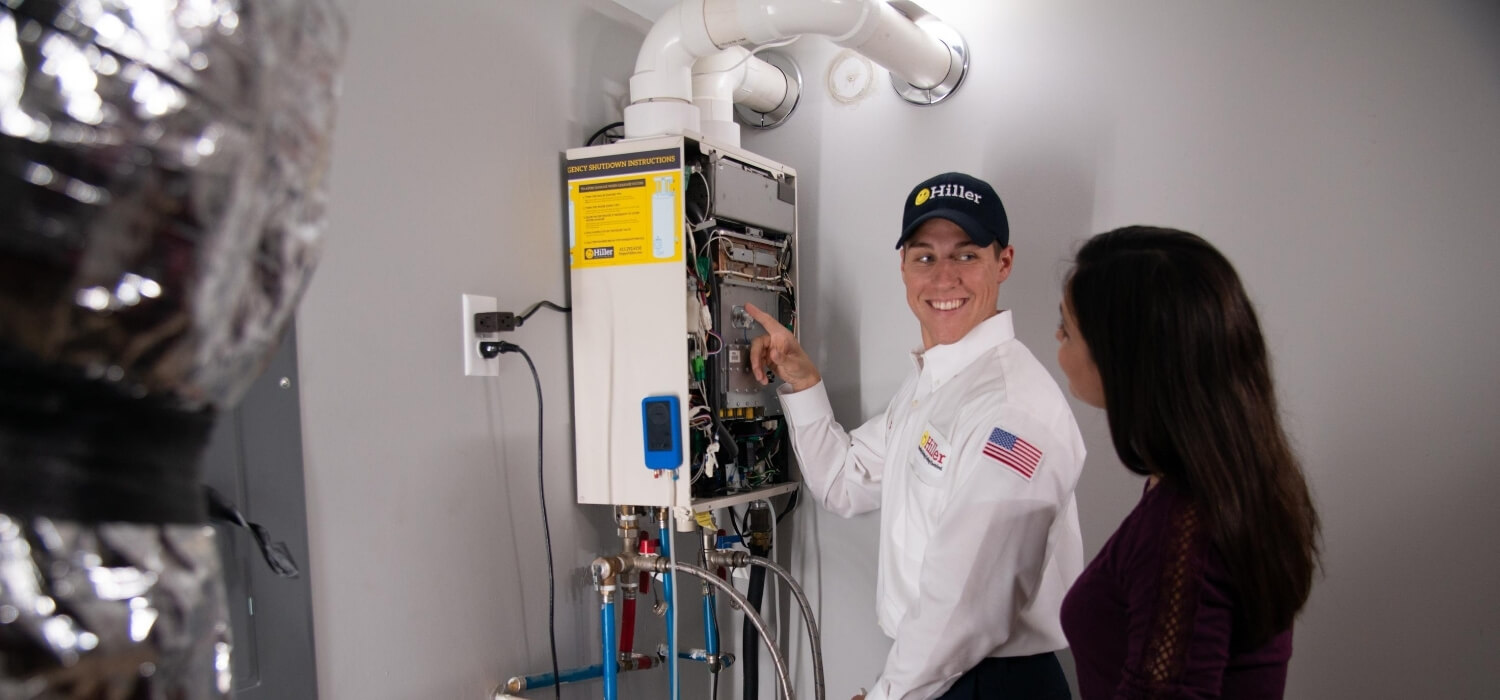
If you can use natural gas or propane, then having a gas tankless water heater is a great idea! These units give you the fastest response time and heat output.
Although you have instant heat at a quick response time, using a gas unit will typically take up more gas than your traditional water heaters. So remember to keep this in mind in case you choose one of these, you may need to bring in more gas to your home.
With gas units, you will also have an ignition, which will play a role in a few differences for these units. There are 3 different types to look at when purchasing one of these devices.
Power Ignition
These require no batteries or a connection to your electric system. They are activated when water starts to flow through your new device and a turbine.
Direct Ignition
With direct ignition, you will need to connect it to your electrical system or with batteries. This type is simply ignited as soon as the water starts to flow through the device.
Standard
Just like with traditional water heaters, a pilot light will continuously burn – This not needing to be connected to electric or detected any water flow.
6. Electric Water Heaters
Purchasing an electric tankless water heater can be much cheaper than a gas unit. Your typical electric heater can be found from 300 to 500 dollars cheaper than gas units.
They also tend to be more efficient and are environmentally friendly. However, the downfall here is that electric water heaters tend to take up more energy.
The electric ones also have a more simple design. So, when it comes to repair or maintenance, working with electric rather than gas can be easier and cheaper.
Another great thing about these types of units is that they release no exhaust gases. Since they don’t produce any exhaust they also require no venting.
Now that we’ve looked at the electric heaters, let’s take a look at the gas units.
7. Your Climate

Another thing to look at when choosing a tankless water heater for your home is the climate you live in. This can help you determine the right unit that is perfect for your household.
Depending on your climate, it can play a big effect on your GPM rating. As we discussed earlier, when determining the GPM rating, you look at how cold the water coming into your house is. The colder it is outside, the harder it will be to heat your water, which will then bring down your GPM.
This will also be different during each season, so you should look at the coldest month of the year for your specific climate and use that as your base for determining GPM.
Likewise, if you are in a warmer climate most of the year than having a higher GPM rating may not be your first priority. Instead, consider looking at an outdoor unit that can heat your water in that climate.
8. Venting a Tankless Water Heater
Another thing to consider when looking to buy a new tankless water heater is venting. Will you need to vent your unit?
Indoor Units
Not all units will need to be vented – In fact, only indoor gas-fueled tankless water heaters will need to vent. Because electric units don’t emit any exhaust fumes, you won’t have to worry about this.
Venting a gas unit isn’t like venting a traditional water heater. You should always consider hiring a trained professional to assist you with the water heater installation.
Just remember, if your unit will be outdoors than venting will not be required. Venting is only important when it is in a confined space and inside a building with people.
Outdoor Units
These types of units are designed to be outdoors and can handle the elements. Instead of trying to figure out how to vent an indoor into the outside, you no longer have too.
Although these are built to withstand the outdoor elements, they have their limitations. If you are in an area that regularly sees extremely low temperatures, it may be a better idea to find a different option.
A great benefit to this type of device is that they are much cheaper than your indoor devices and are easier to install.
9. Tankless Water Heater Maintenance
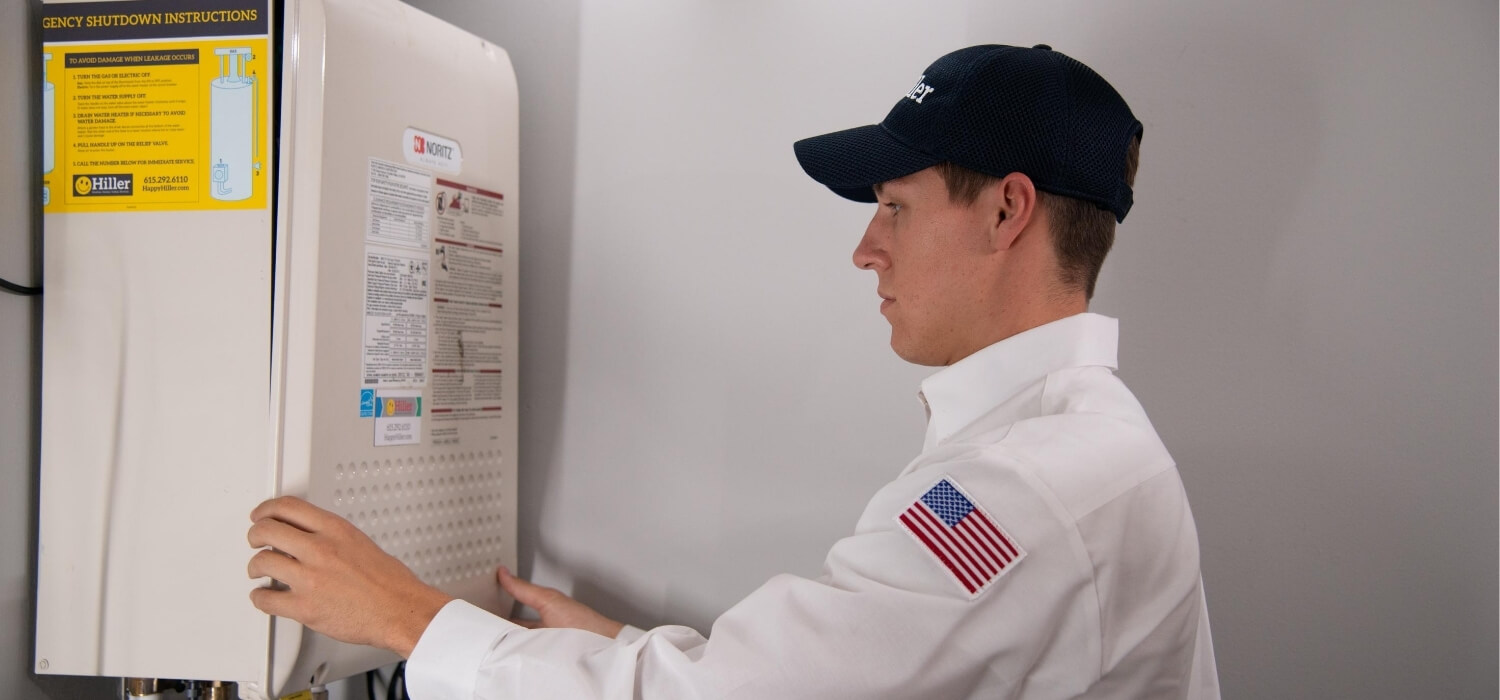
When it comes to maintenance with tankless water heaters, this can vary depending on the type of unit that you went with. Let’s look at each one and the differences.
Maintenance For Electric Units
These tend to have very little maintenance. All you can do for these units is a simple cleaning of the water inlet. You should do this on a regular basis – Other than that, electric tankless water heaters require no maintenance.
Maintenance for Gas Fueled Units
Gas units require a bit more maintenance than electric units do. Rather than simple cleaning, these units will need to be inspected regularly. This should also be done by a reputable company that has trained professionals.
Ultimately when looking at tankless water heaters, determine whether you will want to deal with having to do maintenance and whether you would have to hire a professional to handle preventative maintenance for the unit. If you can perform the maintenance, then consider getting a gas-fueled unit, otherwise, it might be better to stick with an electric unit.
Wrapping Up Tankless Water Heaters
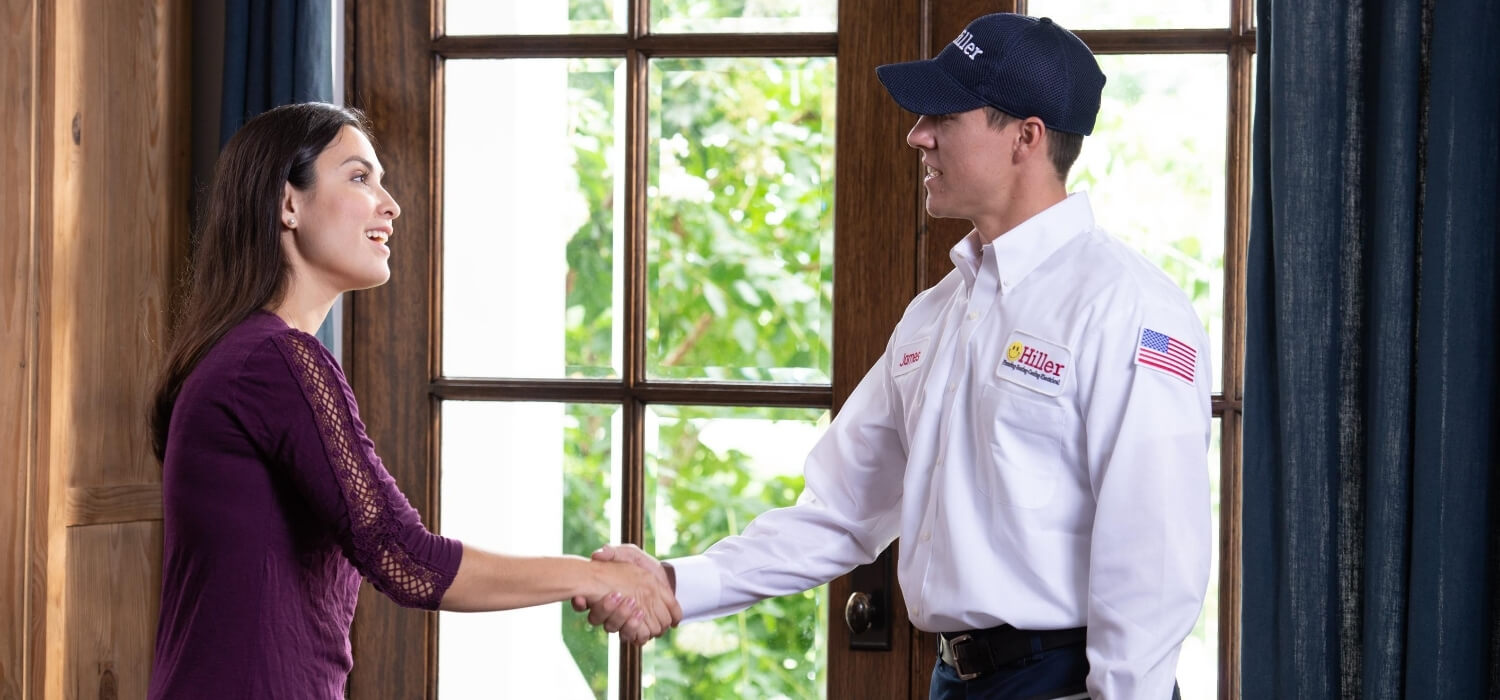
When you’re looking to buy a tankless water heater, there is a bunch to keep in mind and remember. This is a big decision, so take your time and make sure you do you’re researching on the unit before you purchase it.
- Think about why you’re purchasing a new one
- Find out the exact size you’ll need
- Check out the warranty for the unit
- Look at the efficiency rating for the unit
- Determine whether an electric or gas heating right for you
- Will you need to vent the unit
- Take into consideration the climate you live in
- Will the unit needs maintenance
- Can you perform the maintenance or will you need to hire a trained professional near you
After you’ve considered all of this, you’ll know the exact unit that is right for you home. Now all you have to do is purchase and install!
If you have questions about choosing a tankless water heater that is right for your home or if you need a trained professional for an install – head over to our contact page and send us a message!
 Daily Promotion
Daily Promotion
0% Interest for 12 Months on Select New Tankless Water Heater
Purchase Select New Tankless Water Heater & Receive 0% Interest for 12 Months. Click below to see financing terms.
Get Promotion